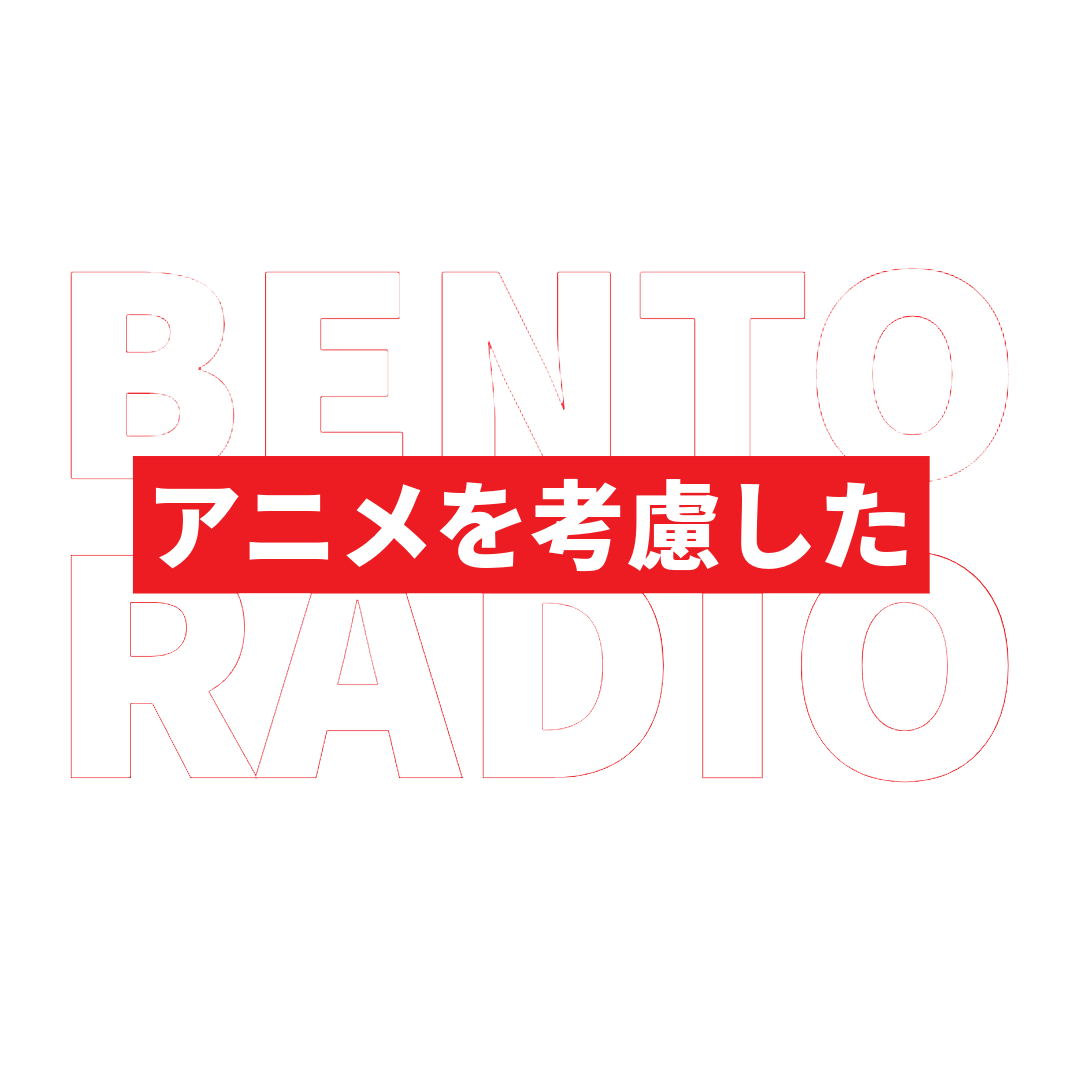Before Evangelion: The Wild, Weird Origins of Gainax in Otaku no Video

Outaku No Video was created during a time when anime was not yet widely popular. It is part mockumentary, part traditional story, recounting the birth of the now infamous Studio Gainax, which is responsible for some of the most influential shows in the medium of animation, let alone anime.
Recently, Anime fans, for the most part, have enjoyed the popularity of the medium. This has made being a casual fan much easier and has transformed the conversation around whether it's weird or not to like anime. However, this wasn't always the case. From the 80s to the mid-2000s, anime was seen as a niche and childish hobby, and the most obsessive fans, "otaku," were seen as gross weirdos obsessed with cartoons meant for children. Like people's idea of "Disney adults. This led and sometimes still leads people to treat them with disdain.
The reality is Far from the truth. Our current media landscape is dominated by intellectual property that was once niche and looked down on, Like Comics and video games. People are rewarded for their Obsessive hobbies. Over time, pop culture icons like James Cameron and Megan The Stallion have been revealed to be Otakus in in their own right. In Otaku No Video, all of the live action "Portrait of an otaku" portray people who have to some extent the same obsessive quality as James Cameron's relationship with the movies he chooses to make.
The two episode OVA in tandem with our lived experience serves as a fascinating case study that captures the evolution of fandom and the shifting perceptions surrounding anime. As the stigma surrounding "otaku" culture continues to fade, we can appreciate how far we’ve come from a time when such passions were relegated to the fringes of society. By documenting the struggles and triumphs of early anime fans, the OVA not only pays homage to the creators behind Studio Gainax but also inspires a newfound respect for the diverse interests that shape our modern media landscape. With the rise of pop culture icons embracing their "otaku" identities, it’s clear that our collective obsession with these once-niche hobbies is now celebrated rather than shunned. Ultimately, "Otaku No Video" reminds us that passion, in all its forms, connects us and enriches our cultural tapestry.

